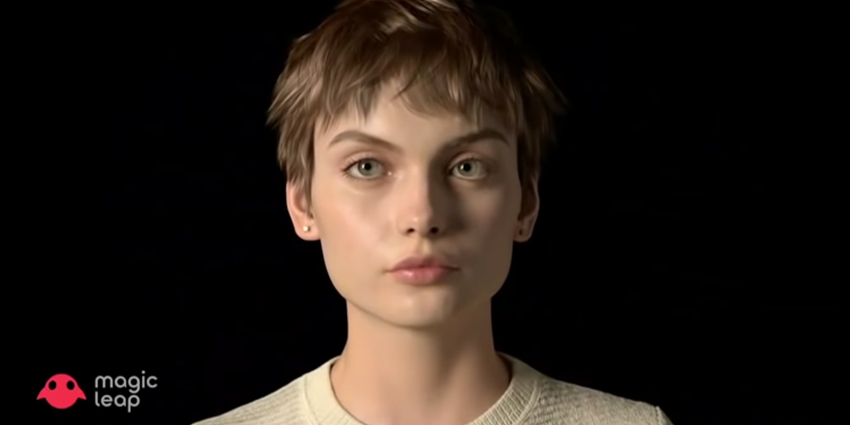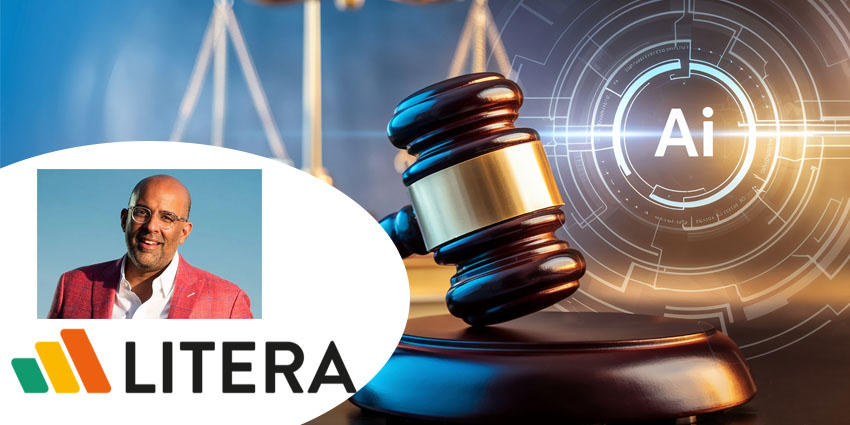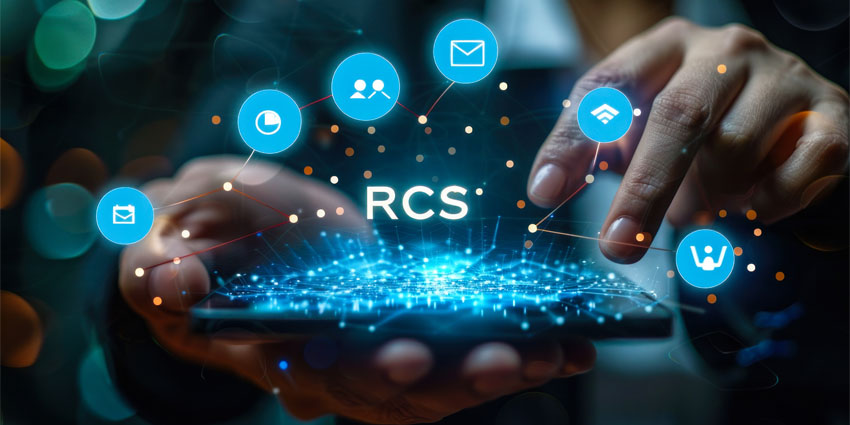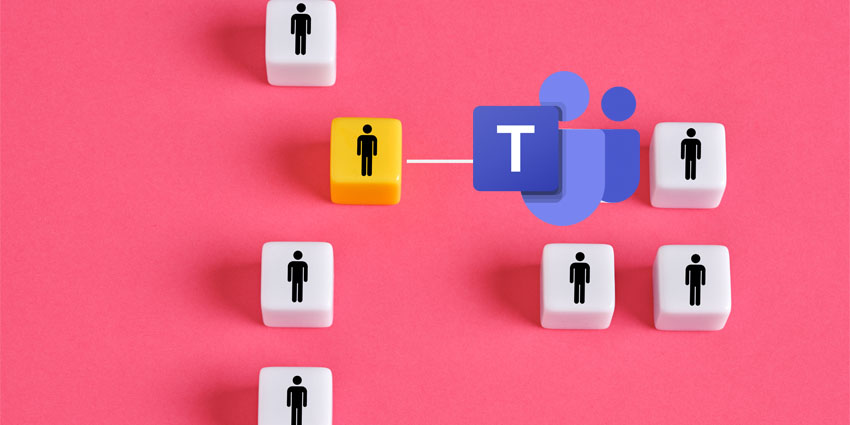Virtual assistants are quickly becoming a part of our everyday lives.
Your AI helper can record meetings for you at work, order pizza at home, and even change the channel when you’re too tired to search for the remote. As such a helpful addition to the daily routine, it’s easy to see why many of us already treat entities like Alexa, Cortana and Google Home like real people.
The question is, how comfortable would we feel if the bots looked and sounded more like us? If the floating voice in your home looked just like you, would you like the company, or would it be just too plain creepy?
Meet Mica from Magic Leap
Magic Leap, one of the world’s most innovative augmented reality start-ups, recently introduced what they consider to be the next generation of virtual assistant. During the Magic Leap conference, Mica took the stage to show off her unique skills. Mica performs many of the same tasks you would expect from Apple’s Siri or Alexa, but when you’re wearing the Magic Leap augmented reality glasses, you’ll also be able to see Mica’s avatar, which looks just like a human being.
It’s not just Mica’s design that makes her so lifelike; it’s the nuanced facial expressions and the fact that Mica makes eye contact with you when you talk. Mica can even yawn when she’s “tired.” According to the Vice President of Human-Centred AI at Magic Leap, John Monos, the company was keen to see how far they could go to create “human representations” of bots.
According to John, the biggest hurdles for Magic Leap right now are getting the intelligence and interactions to the high levels expected by customers. Mica may be just a prototype, but she’s an excellent example of where the company is headed. Right now, Magic Leap has yet to reveal when a commercial version of Mica will be available, or what characteristics they plan on adding to her next.
Is Mica Too Human for Comfort?
The introduction of a highly human artificial intelligence has prompted discomfort from some consumers, who feel it raises questions about the future of how we interact with machines. Earlier in 2018, several technology experts contributed to a report that highlighted the potential threats of artificial intelligence, and countless articles have discussed the dangers of singularity.
As we continue to unlock innovations in artificial intelligence, questions about what may be possible are stretching beyond the common concern that robots might “take over our jobs.” Some particularly nervous people are starting to wonder what human-like AI could mean to the future of our race.
Personally, we don’t believe that Mica is the start of a Skynet-like future. However, it is worth being aware of all the malicious purposes that Artificial Intelligence could be used for. With so many concerns around the development of robotic intelligence, it’s no wonder that some people feel disturbed when overly human assistants enter the marketplace.







